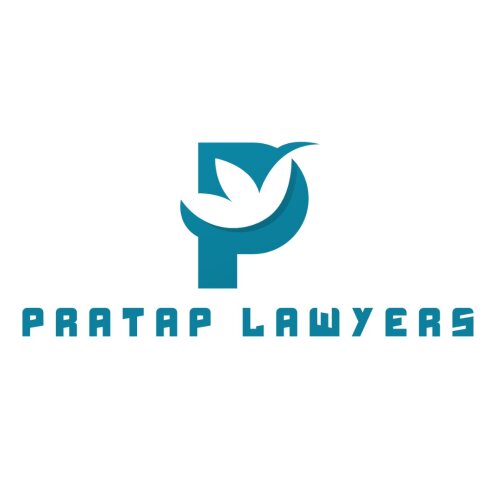Best Housing, Construction & Development Lawyers in Fiji
Share your needs with us, get contacted by law firms.
Free. Takes 2 min.
Free Guide to Hiring a Real Estate Lawyer
Or refine your search by selecting a city:
List of the best lawyers in Fiji
About Housing, Construction & Development Law in Fiji
Housing, Construction & Development Law in Fiji governs various aspects related to property ownership, building construction, land development, and related activities. These laws aim to regulate and ensure the orderly development of housing and infrastructure in Fiji.
Why You May Need a Lawyer
You may need a lawyer in Housing, Construction & Development in Fiji for various reasons, including resolving property disputes, ensuring compliance with building regulations, drafting construction contracts, and seeking legal advice on land development projects.
Local Laws Overview
Key aspects of local laws that are particularly relevant to Housing, Construction & Development in Fiji include the Land Sales Act, Building Act, Land Use Decree, and various regulations concerning building permits, land leases, and property rights.
Frequently Asked Questions
1. Can I challenge a property dispute in Fiji?
Yes, you can seek legal assistance to resolve property disputes through mediation, negotiation, or legal proceedings in the courts.
2. What permits do I need for construction projects in Fiji?
You may need building permits, environmental impact assessments, and other approvals from relevant government authorities for construction projects in Fiji.
3. How can I ensure compliance with building regulations in Fiji?
Consult with a lawyer to understand and comply with building regulations, zoning laws, and safety standards in Fiji.
4. Are there restrictions on foreign ownership of property in Fiji?
Yes, there are restrictions on foreign ownership of property in Fiji, and you may need legal advice on property acquisition and leasing as a foreigner.
5. What are the rights of tenants and landlords in Fiji?
Tenants and landlords have specific rights and obligations under the Residential Tenancy Act, and legal advice can help in understanding and enforcing these rights.
6. How can I protect my intellectual property in construction projects?
Consult with a lawyer to draft contracts, address copyright issues, and protect your intellectual property rights in construction projects in Fiji.
7. Can I challenge a decision of the local planning authority in Fiji?
You can seek legal advice on challenging decisions of the local planning authority through administrative appeals or court proceedings in Fiji.
8. What are the tax implications of property transactions in Fiji?
A lawyer can provide guidance on tax obligations, stamp duties, capital gains taxes, and other tax implications of property transactions in Fiji.
9. How can I resolve construction contract disputes in Fiji?
You may need legal assistance for contract negotiation, dispute resolution mechanisms, and litigation to resolve construction contract disputes in Fiji.
10. Are there alternative dispute resolution options for housing disputes in Fiji?
Yes, alternative dispute resolution methods such as mediation and arbitration can be used to resolve housing disputes in Fiji, with the assistance of a legal professional.
Additional Resources
For further assistance on Housing, Construction & Development in Fiji, you can contact the Fiji Institute of Surveyors, Fiji Law Society, Ministry of Housing and Community Development, and the Department of Town and Country Planning.
Next Steps
If you require legal assistance in Housing, Construction & Development in Fiji, it is advisable to consult with a qualified lawyer who specializes in property law, construction law, or development law. Research potential lawyers, schedule consultations, and seek guidance on your specific legal needs in Fiji.
Lawzana helps you find the best lawyers and law firms in Fiji through a curated and pre-screened list of qualified legal professionals. Our platform offers rankings and detailed profiles of attorneys and law firms, allowing you to compare based on practice areas, including Housing, Construction & Development, experience, and client feedback.
Each profile includes a description of the firm's areas of practice, client reviews, team members and partners, year of establishment, spoken languages, office locations, contact information, social media presence, and any published articles or resources. Most firms on our platform speak English and are experienced in both local and international legal matters.
Get a quote from top-rated law firms in Fiji — quickly, securely, and without unnecessary hassle.
Disclaimer:
The information provided on this page is for general informational purposes only and does not constitute legal advice. While we strive to ensure the accuracy and relevance of the content, legal information may change over time, and interpretations of the law can vary. You should always consult with a qualified legal professional for advice specific to your situation.
We disclaim all liability for actions taken or not taken based on the content of this page. If you believe any information is incorrect or outdated, please contact us, and we will review and update it where appropriate.
Browse housing, construction & development law firms by city in Fiji
Refine your search by selecting a city.












